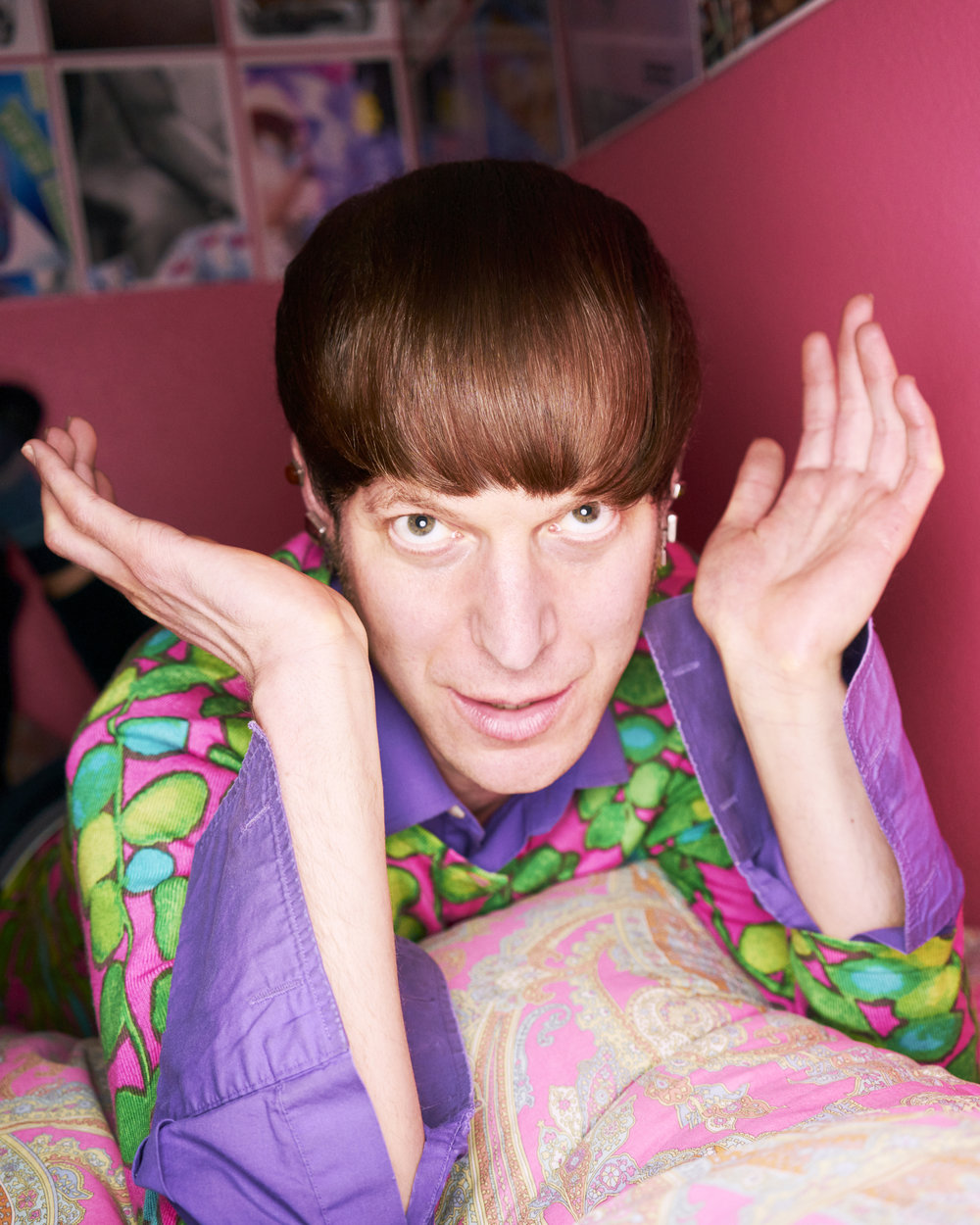
My entire life, I’ve been preoccupied with the feeling that something’s missing. Today, I miss having long hair; the day before: I missed people watching, and the feeling I get from gossiping with friends in diners and public squares. I get so lost in all the missing that I miss out on “the here and now.” “Read more fiction,” offers one of my doctors, “it always helps me disconnect...”
You have reached your article limit
Sign up for a digital subscription and continue reading all new issues, plus our entire archives, for just $1.50/month.
Already a subscriber? Sign in




